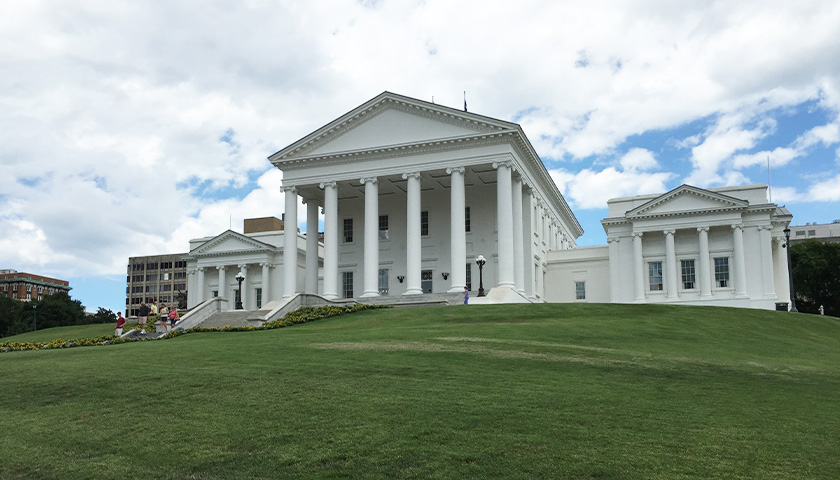by Morgan Sweeney
July 1 marked the start of a new fiscal year for Virginia, and with it, many bills passed during the legislative session are now in effect.
Some new laws in the commonwealth include:
Cannabis
The new law prohibits the sale of hemp products containing more THC than a 25:1 ratio of CBD to THC, effectively outlawing the popular delta-8 THC, a more potent version of the drug.
Sensitive internet content
Websites containing pornographic content must now take “reasonable steps” to verify the age of users, preventing children under the age of 18 from accessing pornography or be liable for a civil suit.
Fentanyl as a weapon of terrorism
Fentanyl will now be included among items defined in the commonwealth as “weapons of terrorism.” Under the new law, the manufacture or distribution of fentanyl-laced products is considered a Class 4 felony in Virginia – along with embezzlement, prostitution, kidnapping and manslaughter – and can result in two to 10 years in prison and up to a $100,000 fine.
Brown v. Board scholarships
Those eligible for the Brown v. Board of Education Scholarship Program now include “the descendants of people who lived in jurisdictions in Virginia where public schools were closed to avoid desegregation between 1954 and 1964 and whose educations were affected by the school closings,” according to the Virginia Public Access Project.
Universal occupational licenses
The new law allows workers who have earned an occupational license outside the state of Virginia to work in the commonwealth, as long as their licenses meet certain conditions – such as the individual has held the license for at least three years, the license is up-to-date, and the licensee was required to pass an exam to obtain the license.
School bullying
The new law requires schools to notify parents of an alleged bullying incident within 24 hours instead of five school days.
Sexual extortion
The new law criminalizes the use of nude or sexual pictures to compel a person into performing sexual acts, which will now be treated as a felony.
Move over law expansion
Under the new law, drivers on a four-lane highway must move over or slow down for vehicles on the side of the road with their hazard lights or other caution signs activated or face a reckless driving charge.
Fake 911 calls
The new law makes false 911 calls resulting in an emergency response, a minimum of a Class 1 misdemeanor. If someone is seriously harmed or dies while emergency personnel are utilized, the caller could face a Class 6 felony charge and up to five years in prison or a Class 5 felony charge of up to 10 years in prison.
Teacher arrests
Under the new law, if a school employee is arrested for a Class 1 misdemeanor or a felony, state law enforcement officials will be required to notify the relevant school systems within 48 hours of the arrest. School districts will be required to designate an employee to receive arrest reports.
“Green Book” sites
A new law requires the commonwealth to post signs at historic sites in the “Green Book” – a book by Victor Hugo Green during the Jim Crow era. The book acted as a guide for Black Americans to places in the South that were safe and would treat them hospitably.
Right to worship
The new law prohibits the governor from placing restrictions on churches during a state of emergency that are stricter than those for businesses and secular organizations.
Firearm safety tax credit
Under the new law, gun owners who purchase firearm safety devices, such as locks or safes, will now be eligible for up to $300 tax credits.
Solitary confinement
The new law states inmates in solitary confinement must be given at least four hours outside their cell per day.
Foreign adversaries
Under the new law, foreign adversaries are prohibited from purchasing new farmland in the commonwealth.
The bill defines foreign adversaries as those the U.S. Secretary of Commerce says “have engaged in a long-term pattern or serious instances of conduct significantly adverse to the national security of the United States or security and safety of United States persons.”
– – –
Morgan Sweeney is a regional editor at The Center Square.
Photo “Virginia State Capitol” by Famartin. CC BY-SA 4.0.








